NATO chief warns Russia of 'costs' over moves against Ukraine
NATO Secretary General Jens Stoltenberg has warned that Russia will face “consequences” for any attempt to invade Ukraine amid escalating tensions between Moscow and its former Soviet neighbor.
“It is clear that if Russia uses force against Ukraine, that will have costs, that will have consequences," Stoltenberg told a media conference at the NATO headquarters in Brussels on Friday.
Earlier this month, Ukraine claimed that there were nearly 100,000 Russian soldiers near its border.
Stoltenberg said a meeting of NATO foreign ministers in Latvia's capital Riga next week would address the alleged massing of Russian military units on the border, which provides “very strong reasons to be deeply concerned.”
"This is the second time this year that Russia has amassed a large and unusual concentration of forces in the region," the NATO chief claimed, listing "heavy capabilities like tanks, artillery armored units, drones, and electronic warfare systems as well as combat-ready troops.”
Stoltenberg called the alleged Russian military buildup "unprovoked and unexplained," and warned that "it raises tensions and it risks miscalculations.”
Russia says it has no plans to invade Ukraine, but has warned against any provocations from the neighboring country that could trigger such an invasion.
Moscow also says Washington is involved in aggressive moves in the Black Sea, where Ukraine and the United States have held military drills recently.
The US and its allies have stepped their military buildup in the region under the pretext that Russia was planning an invasion of Ukraine.
US: 'All options' on the table over Russian troop buildup
Also on Friday, the US State Department's top diplomat for European affairs said all options are on the table over how to respond to Russia's "large and unusual" troop buildup near Ukraine's border.
"As you can appreciate, all options are on the table and there's a toolkit that includes a whole range of options," Assistant Secretary of State for European and Eurasian Affairs Karen Donfried told reporters in a telephone briefing.
Donfried said the NATO alliance will decide on the “next moves” following consultations in Latvia next week.
"It's now for the alliance to decide what are the next moves that NATO wants to take," she said. "Next week, we will talk about our assessment of what's happening on Russia's border with Ukraine and we will begin that conversation of what are the options that are on the table and what it is that NATO as an alliance would like to do together.”
Last week, Russian President Vladimir Putin accused the West of escalating the situation in Ukraine by providing Kiev with “lethal modern weapons” and holding drills in the Black Sea region.
The Russian leader said Moscow has been “constantly” raising concerns about the US naval exercises in the strategic region, but the West is taking Russia's warnings lightly.
Putin and other top Russian officials have already warned the expansion of NATO activities near Russia’s borders is a "red line" for Moscow.
Kremlin spokesman Dmitry Peskov lambasted the West for artificially whipping up tensions around Ukraine with repetitive statements accusing Moscow of preparing to wage a military aggression on its neighbor.
Peskov called on the United States and its allies to halt a military built-up in the vicinity of Russian borders, warning that “a provocation” in the region could not be ruled out given all the rhetoric Washington employed.
NATO has expressed determination to reinforce the security of member states close to Russia following what it claims to be Moscow's “annexation” of Crimea and its backing for pro-Russia separatists in eastern Ukraine.
Relations between Moscow and Kiev have been strained since the conflict erupted in Ukraine's eastern region of Donbass between Ukrainian government forces and ethnic Russians in 2014.
The US, the European Union, and Ukraine claim that Russia has a hand in the conflict. Moscow strongly rejects the allegation. The Black Sea peninsula of Crimea voted in a referendum to fall under Russian sovereignty that year and more than 90 percent of the participants in the plebiscite voted in favor of unification.
Hamas thanks Iran, Resistance Front following achievement of ceasefire in Gaza
'Capitulation': Israeli officials and media concede Gaza defeat as truce unfolds
'Gaza has won': Social media users react to ceasefire with mix of relief, joy
Iran seeks South Korea’s assistance for AI, fiber-optic projects
VIDEO | Iran's 'Eqtedar' (Power) maneuver
Israel hits HTS military target in Syria for 1st time since fall of Assad
VIDEO | Press TV's news headlines
Israel has slaughtered 13,000 students in Gaza, West Bank


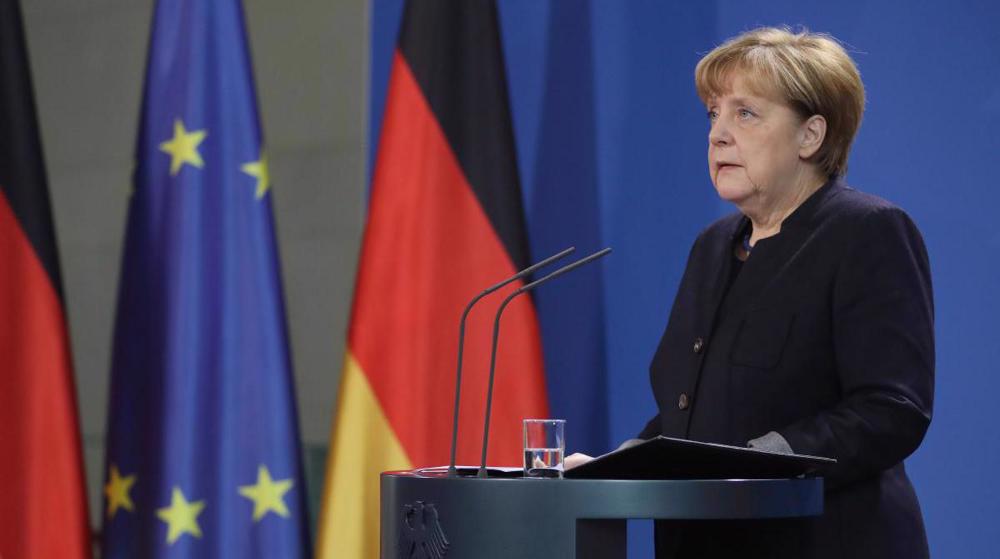
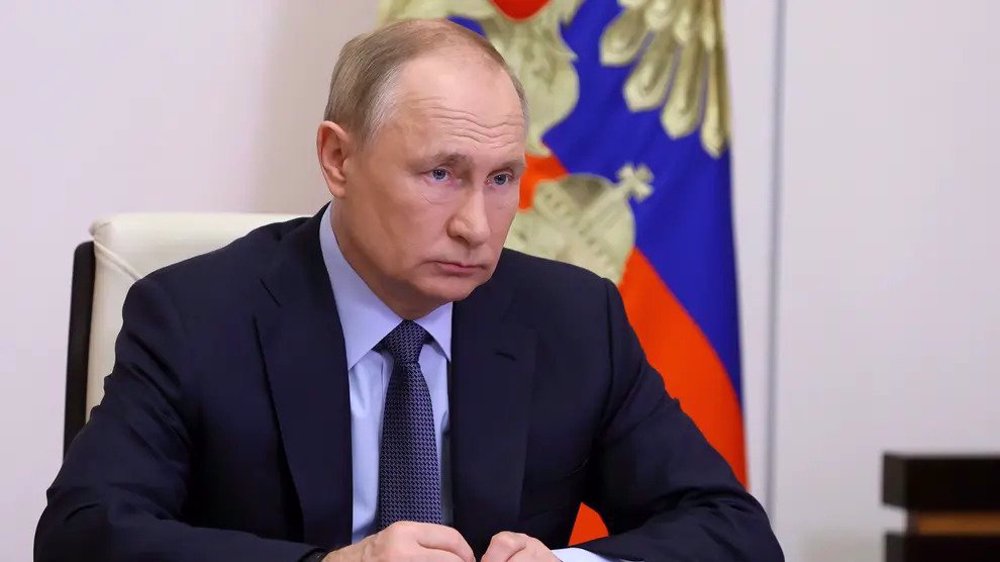
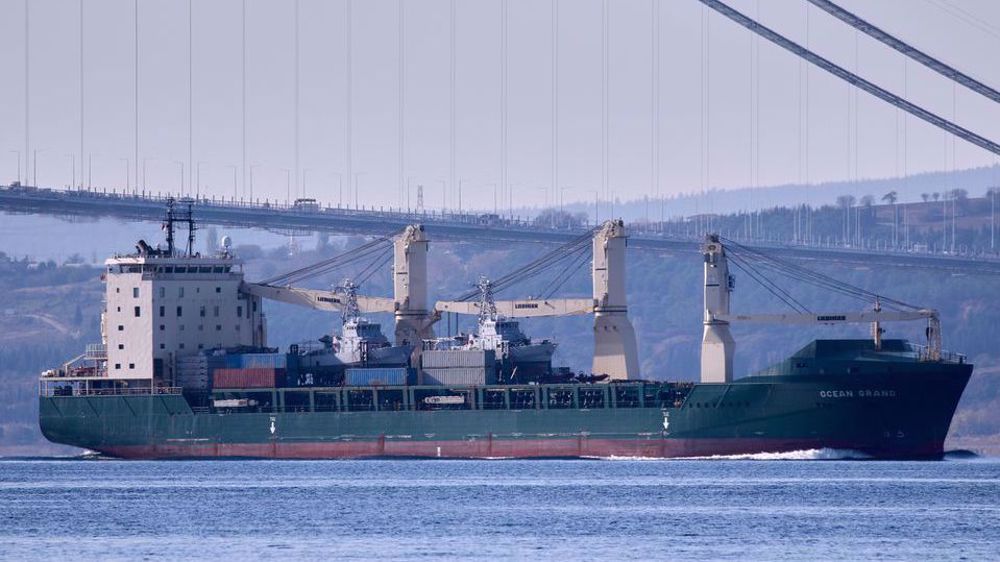
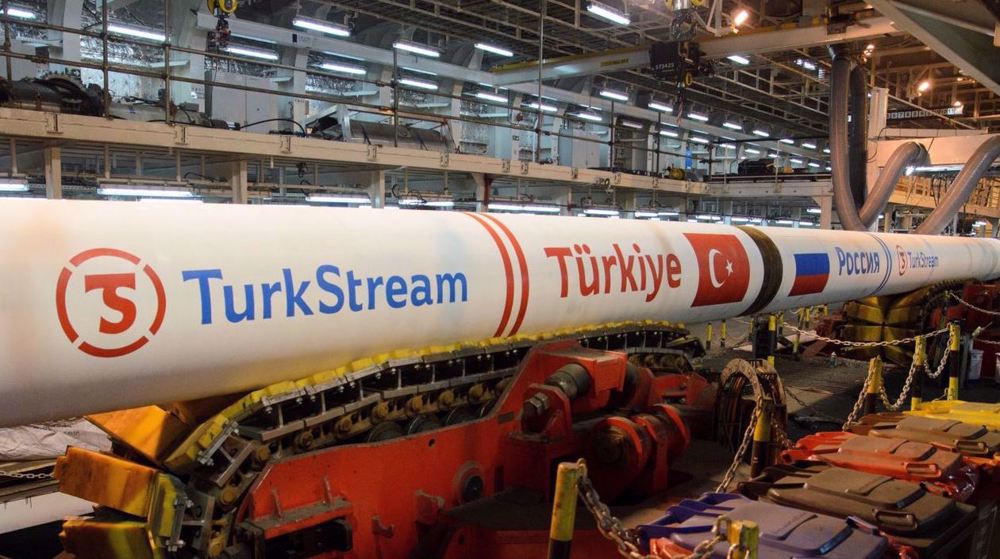
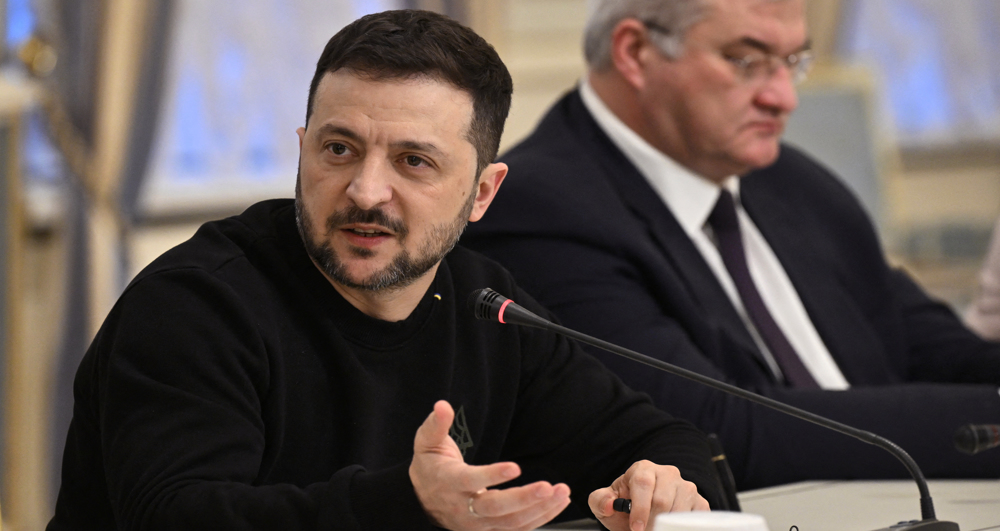
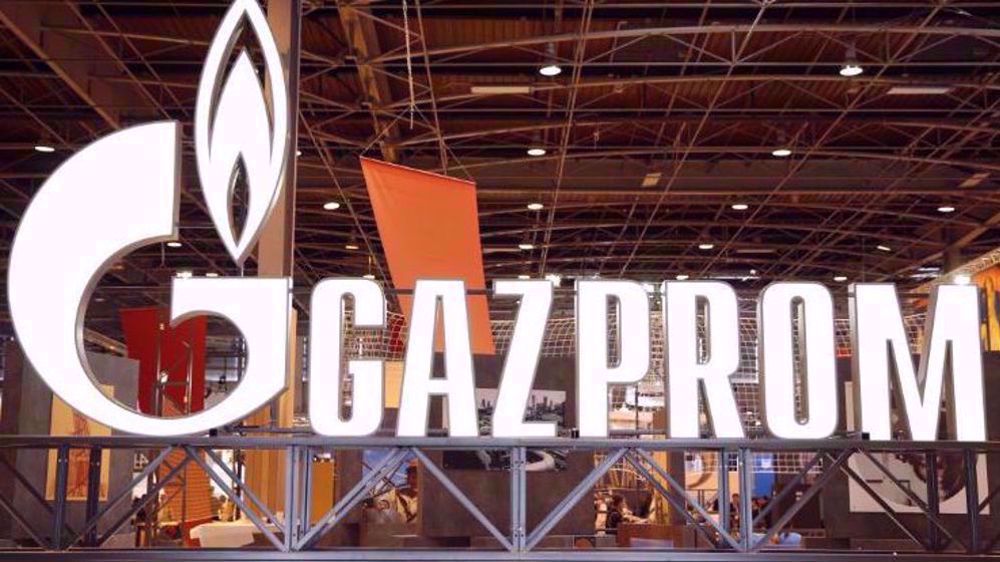




 This makes it easy to access the Press TV website
This makes it easy to access the Press TV website